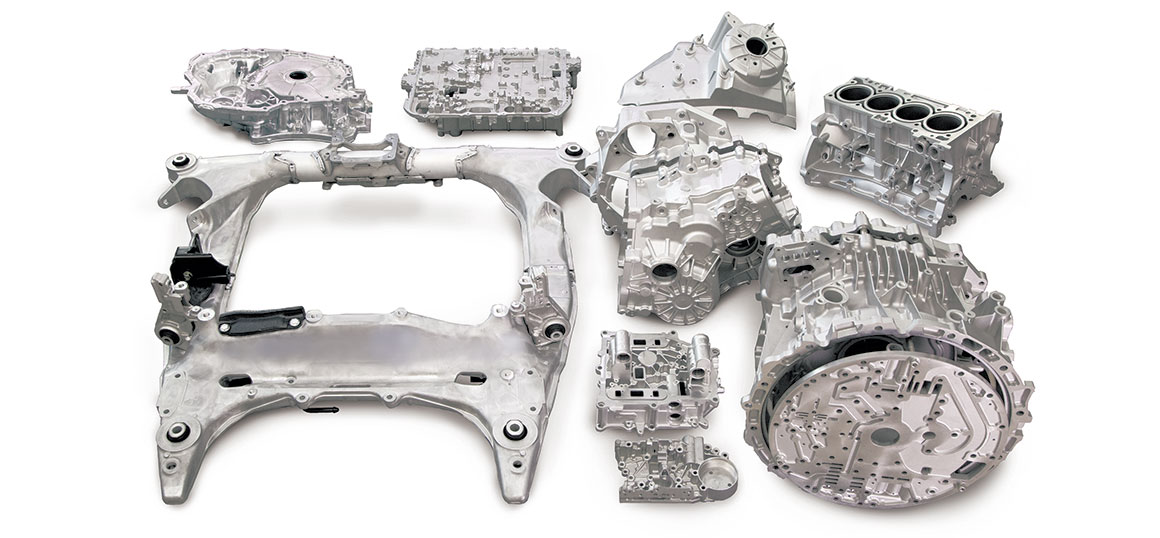Magnet chip conveyors are becoming a vital component for industries that produce large quantities of metal particles, like machining, grinding, or milling. The accumulation of metal chips is a common byproduct of these processes, and efficiently managing and removing them is essential for maintaining smooth production. These metal chips, especially those created during high-speed machining, can be sharp, small, and difficult to handle using traditional conveyor systems. Magnetic chip conveyors are specifically designed to address this challenge by using magnets to attract and securely move ferrous materials, ensuring that metal debris is efficiently transported away from the workspace. The technology is particularly useful in sectors such as metal fabrication, recycling, automotive manufacturing and aerospace.
The primary advantage of magnetic chip conveyors is their ability to handle ferrous materials, such as iron, steel, and other magnetic metals, which are commonly produced during machining processes. The sharp edges of these metals can make them difficult to handle, and they tend to pile up in conveyor systems or get tangled. Magnetic conveyors address this issue by using powerful magnets either embedded in the belt or placed beneath the surface of the conveyor. Magnets produce a magnetic force that holds ferrous material in place as it moves along a conveyor. This magnetic force prevents the metal chips from falling off or becoming misaligned, ensuring that they are safely transported to the designated collection point. The use of this method to handle metal chips improves efficiency, safety and reduces manual labor.
The versatility of magnetic chip conveyors is also well-known. These systems can be customized to meet the specific needs of different industries and applications. Whether the conveyor system needs to transport materials horizontally, vertically, or at an incline, magnetic conveyors can be designed to fit the layout of the production facility. They can also be configured to handle various chip sizes, from small metal filings to larger, bulkier metal shavings. The magnetic field strength can be changed depending on the weight and size of the material being moved. This adaptability allows businesses to optimize their conveyor systems for the specific demands of their production lines, whether they are dealing with heavy-duty scrap metal or fine metal particles. Magnetic chip conveyors are able to be customized to fit a variety of environments from large industrial plants to small shops.

Magnetic trasportatori di trucioli is also known for its reliability and durability. Conveyors in industrial settings are exposed to high wear levels. The traditional conveyors, which rely on mechanical or frictional parts to transport materials, often break down or need regular maintenance. The magnetic chip conveyors are less prone to wear because magnets move the materials instead of friction. This reduces the strain placed on the system. These conveyors are more durable and need less maintenance. They’re a cost-effective option in the long run. They are designed to be simple and effective, so businesses can depend on them for consistent performance in the harshest production environments.
Magnetic chip conveyors are a great way to improve workplace safety. Safety is always a priority when it comes to manufacturing or machining. If not managed properly, metal chips are sharp and dangerous. They can cause injury. These chips can accumulate in many factories, causing tripping hazards, and increasing the chance of injuries. Metal chips that are mixed with oils and lubricants may also cause fires. By automating the process of removing and transporting metal chips, magnetic chip conveyors minimize the need for workers to handle potentially dangerous debris manually. Workers are less exposed to the risks associated with sharp metal chips, and the work environment remains cleaner and safer. This efficient chip removal not only reduces accidents but also protects workers.
Magnetic chip conveyors are not only efficient and safe, but they also help to maintain the sustainability of an industrial operation. These conveyors ensure valuable materials do not go to waste by removing metal chip from production floors. The chips collected can be reused and recycled, especially in industries which rely heavily on materials such as steel or titanium. Metal chips can be recycled to reduce material costs, and help companies minimize their impact on the environment by minimising waste. Furthermore, by automating the chip removal process, businesses reduce the need for manual labor, allowing workers to focus on more productive tasks. This increased efficiency not only lowers operational costs but also contributes to more sustainable and environmentally friendly business practices.

